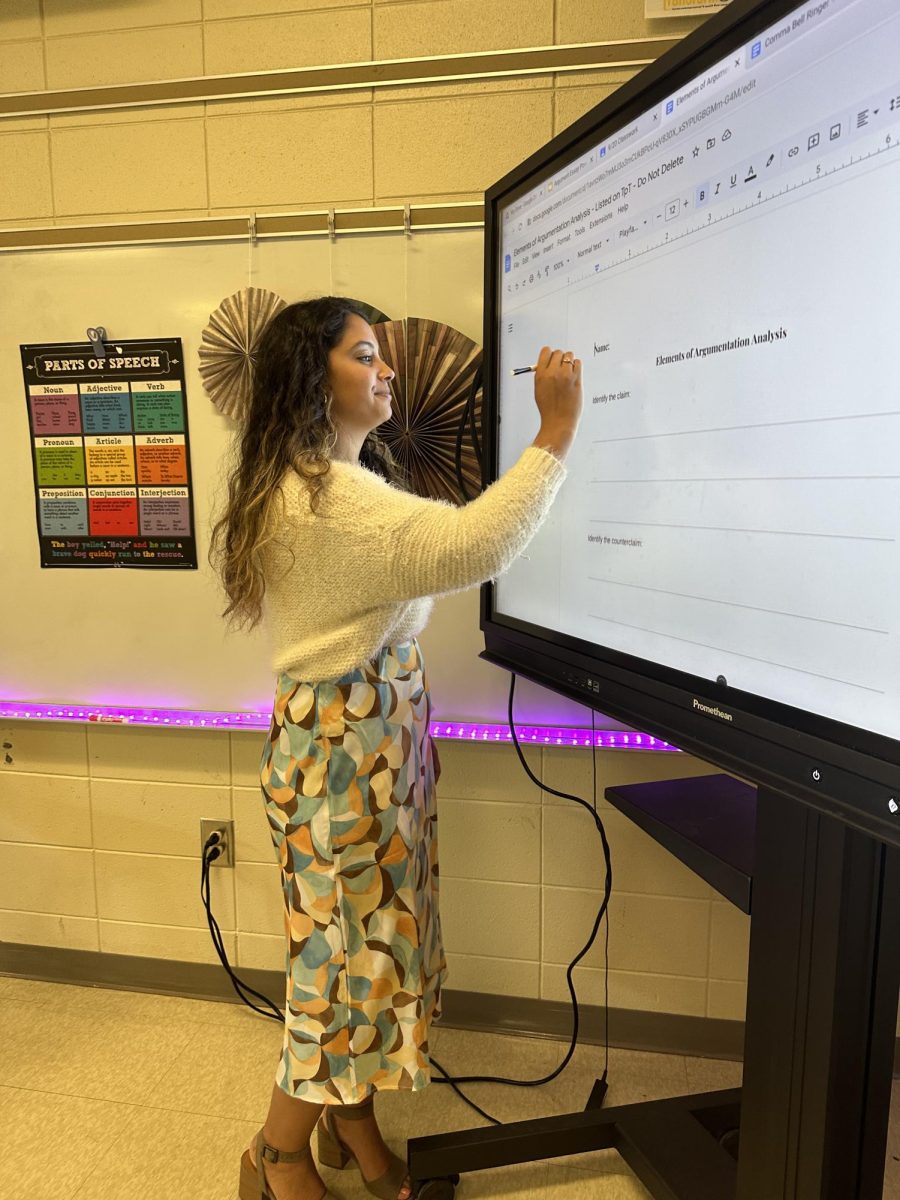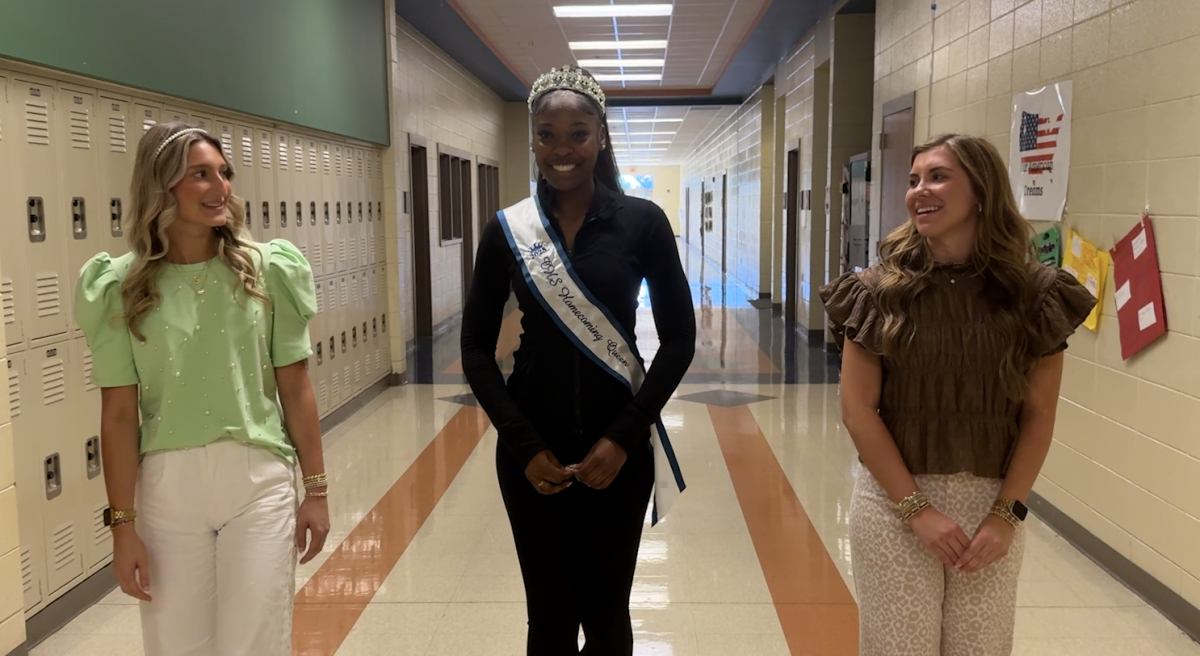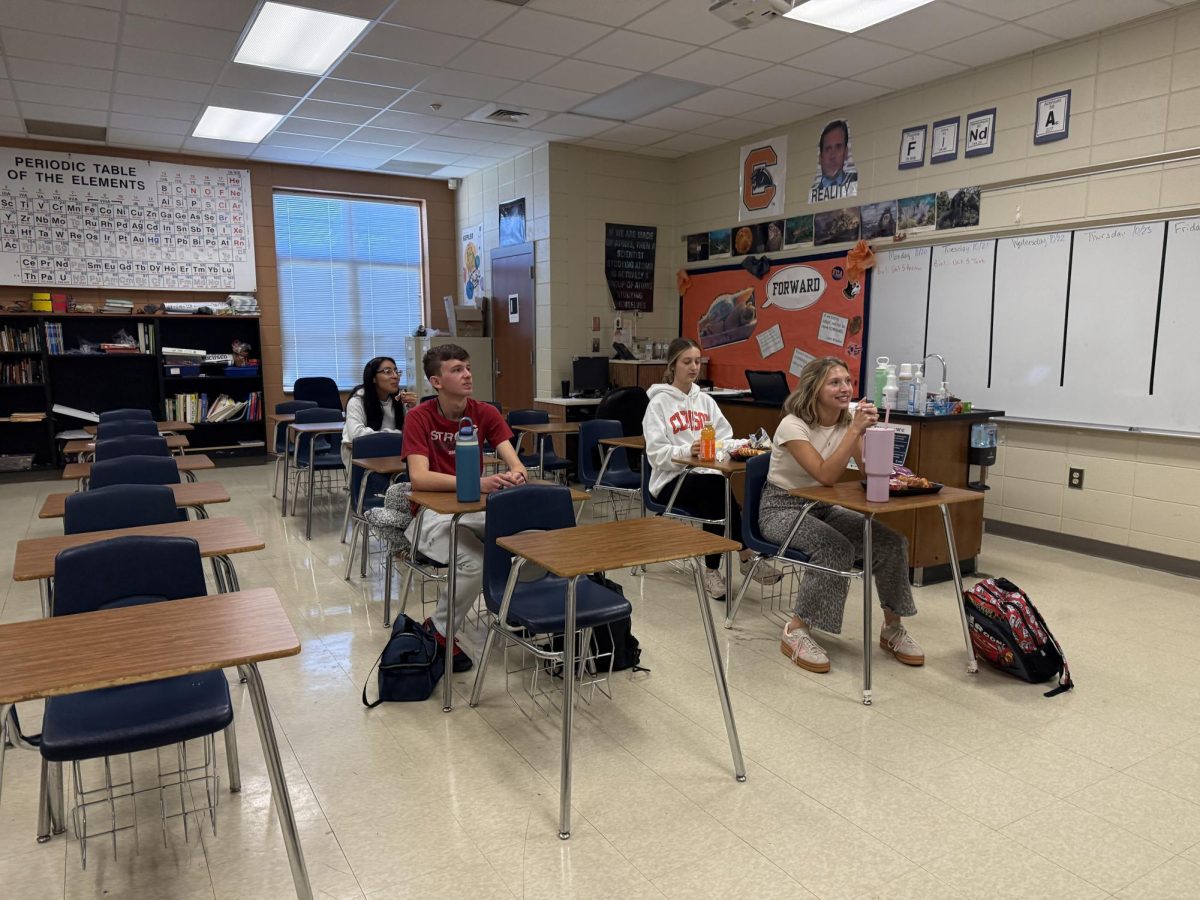A main argument that students — especially ones going into middle and high school — tend to say of school subjects is that some are simply unnecessary. If one is planning to be an engineer and another is planning to be an artist, why would they have to take the same core classes? Required classes are often misunderstood by students as pointless or unfair, when the majority of the time, students simply do not understand the reasoning behind it.
English is one of those misunderstood classes.
At Chapman, four English credits are required to graduate. Many students consider it pointless to take English classes when majoring in something different. The argument often brought up is ‘I know it already,’ when in reality, English classes have more skills than the surface level portrays.
A skill that English courses teach, under the surface, is communication.
Susan Hall, who has taught English for a total of 32 years, knows that the power of communication has helped her solve a number of problems outside of the classroom.
“I think in English class we don’t just … do English,” Hall said. “We don’t just do grammar. We don’t just say, ‘Here’s your English test; let’s take it.’ We discuss. In our discussions, we’re able to understand people better, and we’re able to see other people’s opinions. I think that solves a lot of problems, because you realize that people are people, and just because they don’t think like you doesn’t make them bad.”
Solving problems requires a lot of understanding and empathy. It involves talking things through and discussing options and feelings.
Although there is not a class entirely dedicated to these things, when students take English courses, they are taught to think through problems critically and listen to people’s opinions without judgment.
As strange as it may sound, English has the power to change lives.
Many teachers here at Chapman today were positively affected by literature, and by their students as well.
“English has affected my life because of the conversations I’ve had through English in my classrooms,” Alex Colson said. “I have learned so many perspectives and have been able to show my own perspectives in different ways, and all through the world of English.”
As a high school student, it is an uphill battle to discover what one wants to major in.
Students tend to constantly change their mind, simply because there is so much to learn and so many paths to take. By taking English, students might possibly discover a career path they weren’t thinking of before. Cassey McKown is one of those people, and had originally pursued a marketing career.
“English has been the most influential subject in my life,” Mckown said. “I remember vividly my first creative writing assignment in ninth grade. My teacher allowed me to express myself daily through journal assignments and this helped me through many challenges in school. Not having any Hispanic teachers in school, the literature I was able to read and write about was my only form of representation. This has translated into my adult life in many ways, but most importantly, I am able to share the power of literature with my students.”
Although there are misunderstandings as to why English credits are required at Chapman, the teachers here are enthusiastically in support of the requirement.
“Students need to be able to read critically, especially with the internet these days,” Hall said. “A lot of times, it’s easy to take things at face value … you need to be able to tell by the little words that something’s not exactly right. You might not be a perfect (reader and) writer, but you have to hone those skills.”







